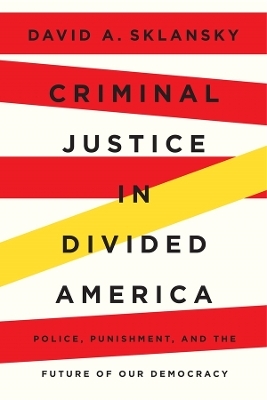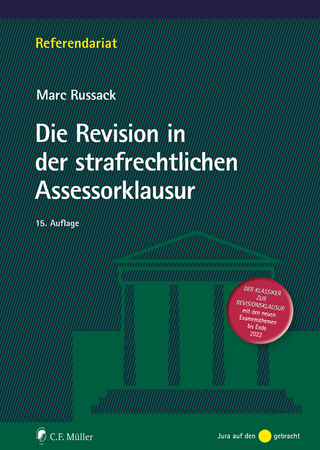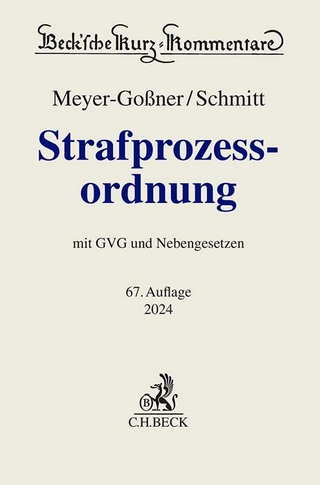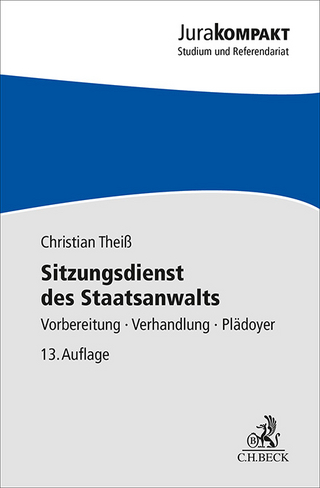
Criminal Justice in Divided America
Police, Punishment, and the Future of Our Democracy
Seiten
2025
Harvard University Press (Verlag)
978-0-674-29366-3 (ISBN)
Harvard University Press (Verlag)
978-0-674-29366-3 (ISBN)
- Noch nicht erschienen (ca. Januar 2025)
- Versandkostenfrei innerhalb Deutschlands
- Auch auf Rechnung
- Verfügbarkeit in der Filiale vor Ort prüfen
- Artikel merken
The crises of American democracy and criminal justice are intimately connected. David A. Sklansky shows how police, courts, and prisons helped to break American democracy and can be reformed to empower equitable self-governance. Seeking durable change, Sklansky urges pragmatic proposals rooted in a strong commitment to pluralism.
How a broken criminal justice system has fueled the crisis of American democracy, and how we can address both problems together.
American criminal justice is in crisis. Prisons are swollen, confidence in police has plummeted, and race- and class-based biases distort every aspect of the system. American democracy is in crisis, too, as the chasm of loathing and incomprehension that divides political factions grows ever wider and deeper. Legal scholar and former prosecutor David A. Sklansky argues that these crises are deeply intertwined. And if the failures of American criminal justice are near the heart of our political divides, then reforming the system is essential for repairing our democracy.
Criminal Justice in Divided America shows how police, courts, and prisons helped to break American democracy and how better approaches to public safety and criminal accountability can help to repair it. Engaging critically with concerns from both the left and the right, Sklansky lays out a clear and deeply researched agenda for reforming police departments, prosecutors’ offices, criminal trials, and punishment. Sklansky seeks pragmatic solutions that take account of political realities: the lofty ideal of empowering “the people” or “the community” can mean little when members of the public or the community disagree. While efforts to “defund” the police have exacerbated political conflicts without addressing the underlying problem of how and when force should be used to protect public safety, reforms aimed at improving police accountability, restraining prosecutorial power, and expanding the role of juries can bring together warring parties who share a concern for justice.
Ultimately, Sklansky argues, reform must be rooted in a strong commitment to pluralism—bridging political divides rather than worsening them, strengthening democracy, and securing the broad support that enables durable change.
How a broken criminal justice system has fueled the crisis of American democracy, and how we can address both problems together.
American criminal justice is in crisis. Prisons are swollen, confidence in police has plummeted, and race- and class-based biases distort every aspect of the system. American democracy is in crisis, too, as the chasm of loathing and incomprehension that divides political factions grows ever wider and deeper. Legal scholar and former prosecutor David A. Sklansky argues that these crises are deeply intertwined. And if the failures of American criminal justice are near the heart of our political divides, then reforming the system is essential for repairing our democracy.
Criminal Justice in Divided America shows how police, courts, and prisons helped to break American democracy and how better approaches to public safety and criminal accountability can help to repair it. Engaging critically with concerns from both the left and the right, Sklansky lays out a clear and deeply researched agenda for reforming police departments, prosecutors’ offices, criminal trials, and punishment. Sklansky seeks pragmatic solutions that take account of political realities: the lofty ideal of empowering “the people” or “the community” can mean little when members of the public or the community disagree. While efforts to “defund” the police have exacerbated political conflicts without addressing the underlying problem of how and when force should be used to protect public safety, reforms aimed at improving police accountability, restraining prosecutorial power, and expanding the role of juries can bring together warring parties who share a concern for justice.
Ultimately, Sklansky argues, reform must be rooted in a strong commitment to pluralism—bridging political divides rather than worsening them, strengthening democracy, and securing the broad support that enables durable change.
David A. Sklansky is Stanley Morrison Professor of Law at Stanford Law School and faculty codirector of the Stanford Criminal Justice Center. A former assistant US attorney in Los Angeles, he is the author of A Pattern of Violence: How the Law Classifies Crimes and What It Means for Justice.
| Erscheint lt. Verlag | 14.1.2025 |
|---|---|
| Verlagsort | Cambridge, Mass |
| Sprache | englisch |
| Maße | 140 x 210 mm |
| Gewicht | 428 g |
| Themenwelt | Recht / Steuern ► Allgemeines / Lexika |
| Recht / Steuern ► EU / Internationales Recht | |
| Recht / Steuern ► Strafrecht ► Strafverfahrensrecht | |
| Sozialwissenschaften ► Politik / Verwaltung ► Politische Systeme | |
| ISBN-10 | 0-674-29366-5 / 0674293665 |
| ISBN-13 | 978-0-674-29366-3 / 9780674293663 |
| Zustand | Neuware |
| Informationen gemäß Produktsicherheitsverordnung (GPSR) | |
| Haben Sie eine Frage zum Produkt? |
Mehr entdecken
aus dem Bereich
aus dem Bereich
Buch | Softcover (2023)
C.F. Müller (Verlag)
24,00 €
Gerichtsverfassungsgesetz, Nebengesetze und ergänzende Bestimmungen
Buch | Hardcover (2024)
C.H.Beck (Verlag)
115,00 €
Vorbereitung, Verhandlung, Plädoyer
Buch | Softcover (2024)
C.H.Beck (Verlag)
14,90 €


